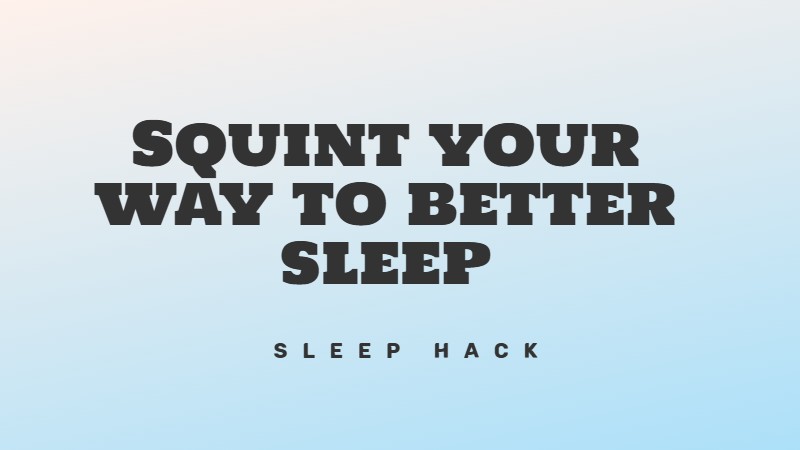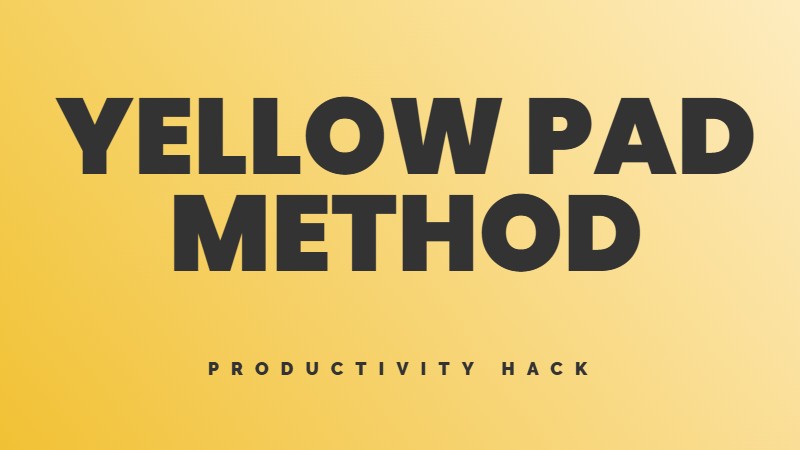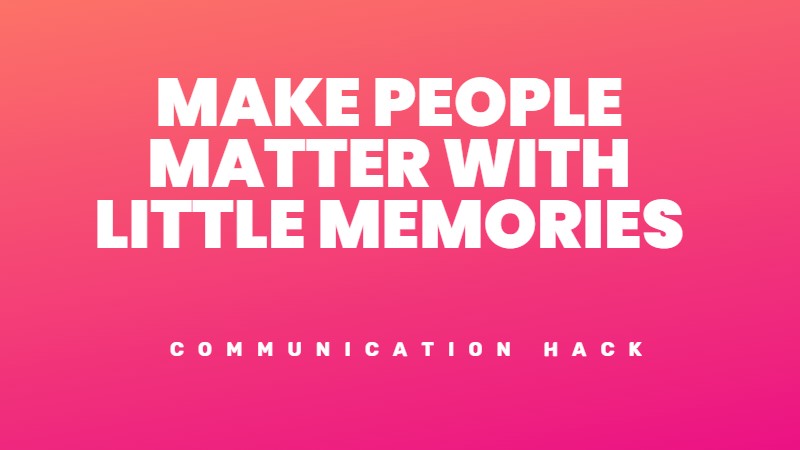If you are not making mistakes, you’re not learning anything new.
When was the last time you made a mistake?
I’ve made a lot of mistakes trying to figure things out. It can be frustrating and embarrassing, but I know my mistakes are important contributions to my learning. I’ve learned not to fret about it and to try again. I don’t get discouraged as quickly as some people do, and I know that if I just hang in there and don’t give up, I can get through it.
Failures are inevitable. It’s important to know that they’re a necessary part of the journey. You’re going to fail, but if you don’t give up, you’ll learn from that failure and be able to use it to move forward. People who can tolerate frustration and sit with a problem longer do better in life than those who give up fast. They see it as an opportunity to learn what does not work.
If you’re a student, you’ll probably make mistakes and probably feel overwhelmed at times. But that’s okay. That’s how you learn the best and the most. Failing is not always a bad thing. If you’re willing to look at it as a learning experience, you can turn any failure into a chance to learn and grow.
Story: Einstein and his violin
Although many believe that Einstein performed poorly in school, the truth is quite different. He did very well and was ahead of his peers.
Albert Einstein’s parents, Pauline and Hermann, were very supportive of Albert’s childhood and skilled at nurturing independence in their children. But they would also intervene when necessary. Quitting something you had started was never an option.
Albert’s mother was very strict on this rule. At age 5, Albert got so frustrated by failing the drills of his violin exercise that he flung his chair at the music teacher. But instead of having him quit violin, Pauline hired a new teacher. Quitting was not an option. Failure was a sign of growth, and rather than run from it, little Albert needed to accept it and learn how to use failure to better himself.
Pauline knew her son needed help with both his temper and concentration. As a pianist herself, she knew that instrumental learning was useful for developing focus and discipline. With the new teacher, Albert’s concentration and violin playing improved.
Later, at age 12, Einstein was introduced to the music of Mozart, and a lifelong passion for music was born. The famous scientist never travelled without his beloved violin, which he had named Lina. “Whenever he felt that he had come to the end of the road or into a difficult situation in his work, he would take refuge in music,” recalled his older son, Hans Albert. That would usually resolve all his difficulties.
Some of Einstein’s greatest ideas came to him when he was playing the violin. We might not have had the theory of relativity if Einstein’s mother hadn’t been persistent in making him learn to play the violin.
Assignment: Thomas A. Edison
Thomas A. Edison is a role model for those looking to overcome failure. He was a master of trial and error, someone who wasn’t afraid to make lots of mistakes. When asked about the many thousands of failures he had when trying to create the lightbulb, he famously said:
I have not failed. I’ve just found 10,000 ways that won’t work.
When did you do something new and really hard, like play a new piece of music, talk in a foreign language, or solve a complex math problem? The key is to try hard and stay in there — and make mistakes. When you make mistakes, your brain creates new neural patterns. Your brain changes. You learn and grow.
Your assignment for today:
Be like Edison!
Go out there, try something new, make mistakes, learn from your mistakes — and feel good about it!
Your journaling prompt for today:
Write about a mistake you made in the past.
What choices did you have? What did you believe would happen? What did you learn? What would you do today if you could do it all over?
Resources
- This is what inventors can teach us about success (Article)
- If You’re Not Failing, You’re Not Growing (Article)
- Resilience: The Art of Failing Forward (TEDx Video)
- Let’s teach our kids to “fail forward” (TEDx video)




Leave feedback about this